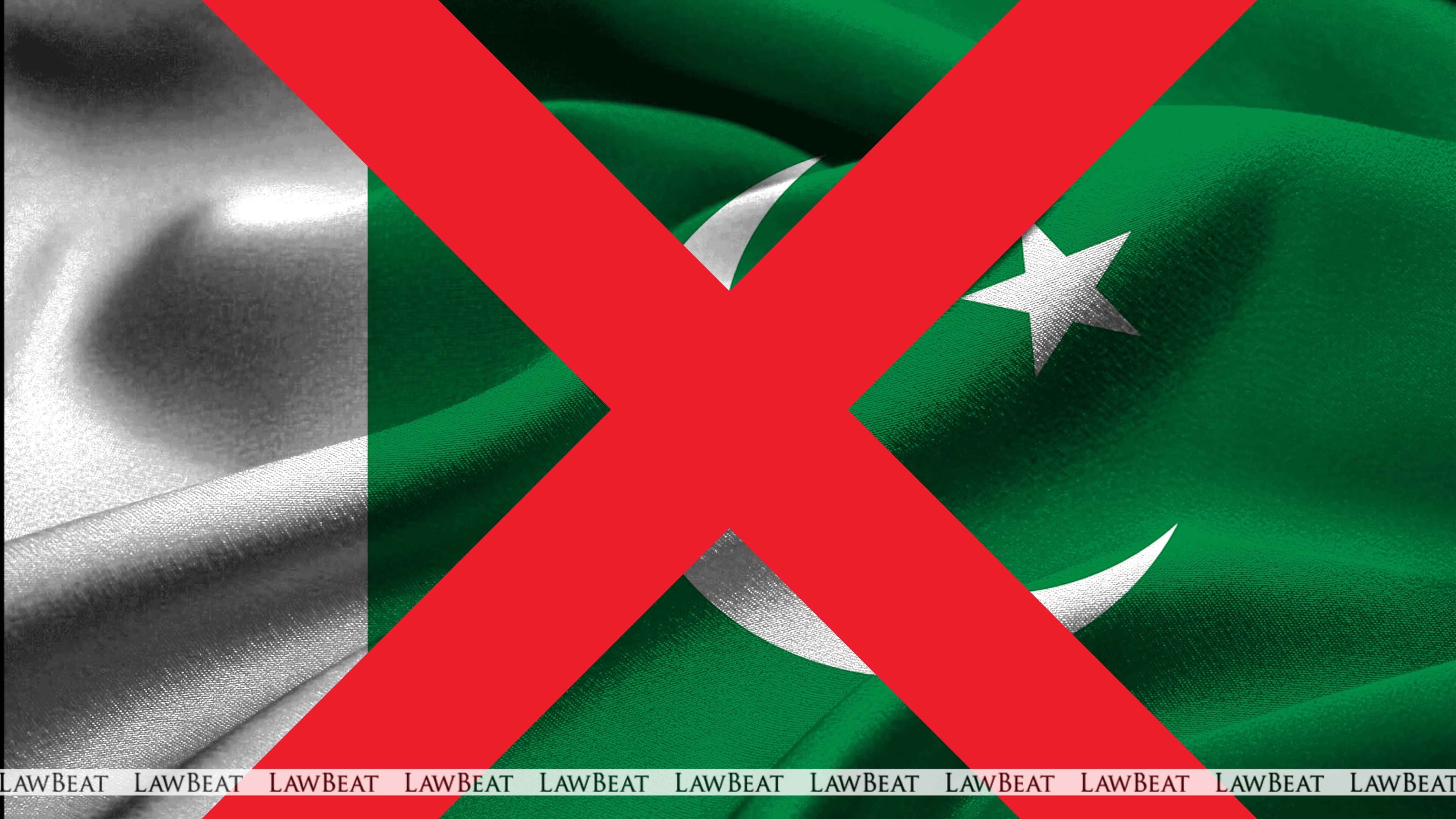Delhi HC Refuses to Interfere with Centre’s Order Suspending Visa Services to Pakistani Nationals, Dismisses Pakistani National’s Plea

"Prima facie, the aforesaid order issued under Section 3(1) of the Foreigners Act, 1946, does not warrant any judicial review given that the issuance of the same was impelled by serious national security considerations," the Court said
The Delhi High Court, in a special hearing on Saturday, dismissed as withdrawn a petition filed by a Pakistani national woman seeking directions to regularize her Long-Term Visa (LTV) application and extend her residential permit after the Centre suspended visa services for Pakistani nationals, citing national security concerns.
The Single-Bench of Justice Sachin Datta expressed its unwillingness to entertain the petition, observing that the government’s April 25, 2025, order, issued under Section 3(1) of the Foreigners Act, 1946, was prompted by serious national security considerations and did not warrant judicial interference.
Facts of the Case
The petitioner, a Pakistani citizen married to an Indian national, had approached the Court seeking a writ of mandamus directing the Ministry of Home Affairs (MHA), Ministry of External Affairs, and Bureau of Immigration to consider her LTV application filed on April 23, 2025. She also sought protection against the revocation of her residential permit, valid until May 9, 2025.
However, two days after her application, the MHA issued an order suspending visa services for Pakistani nationals with immediate effect. The order revoked all existing visas except medical visas, long-term visas, and diplomatic/official visas, effective from April 27, 2025. Medical visas were given a short validity extension until April 29, 2025.
Court's Observations
During the hearing, the Court noted that the reliefs sought essentially aimed to circumvent the consequences of the Centre’s April 25 directive, which was issued under a valid statutory framework.
Citing the Supreme Court’s judgment in Hans Muller of Nurenburg v. Superintendent, Presidency Jail, Calcutta [(1955) 1 SCR 1284], the Court emphasized that the Central Government enjoys “absolute and unfettered discretion” under the Foreigners Act to expel or regulate the entry of foreigners and that this discretion remains unrestricted by the Constitution.
“Prima facie, the order issued under Section 3(1) of the Foreigners Act, 1946, does not warrant any judicial review given that the issuance of the same was impelled by serious national security considerations. It is also not within the province of this Court to carve out any exceptions thereto,” the Court observed.
Faced with the Court’s inclination to dismiss the petition, the Senior Counsel appearing for the petitioner sought permission to withdraw the plea.
"In the circumstances, this Court has expressed its disinclination to entertain the present petition. 6. At this stage, learned senior counsel for the petitioner, on instructions, seeks leave to withdraw the present petition. 7. The petition is accordingly dismissed as withdrawn. Pending applications also stand disposed of," the Court noted in its order dated April 26.
Accordingly, the Court dismissed the petition as withdrawn and disposed of all pending applications.
Case Title: Sheena Naz & Anr. v. Union of India & Ors.
